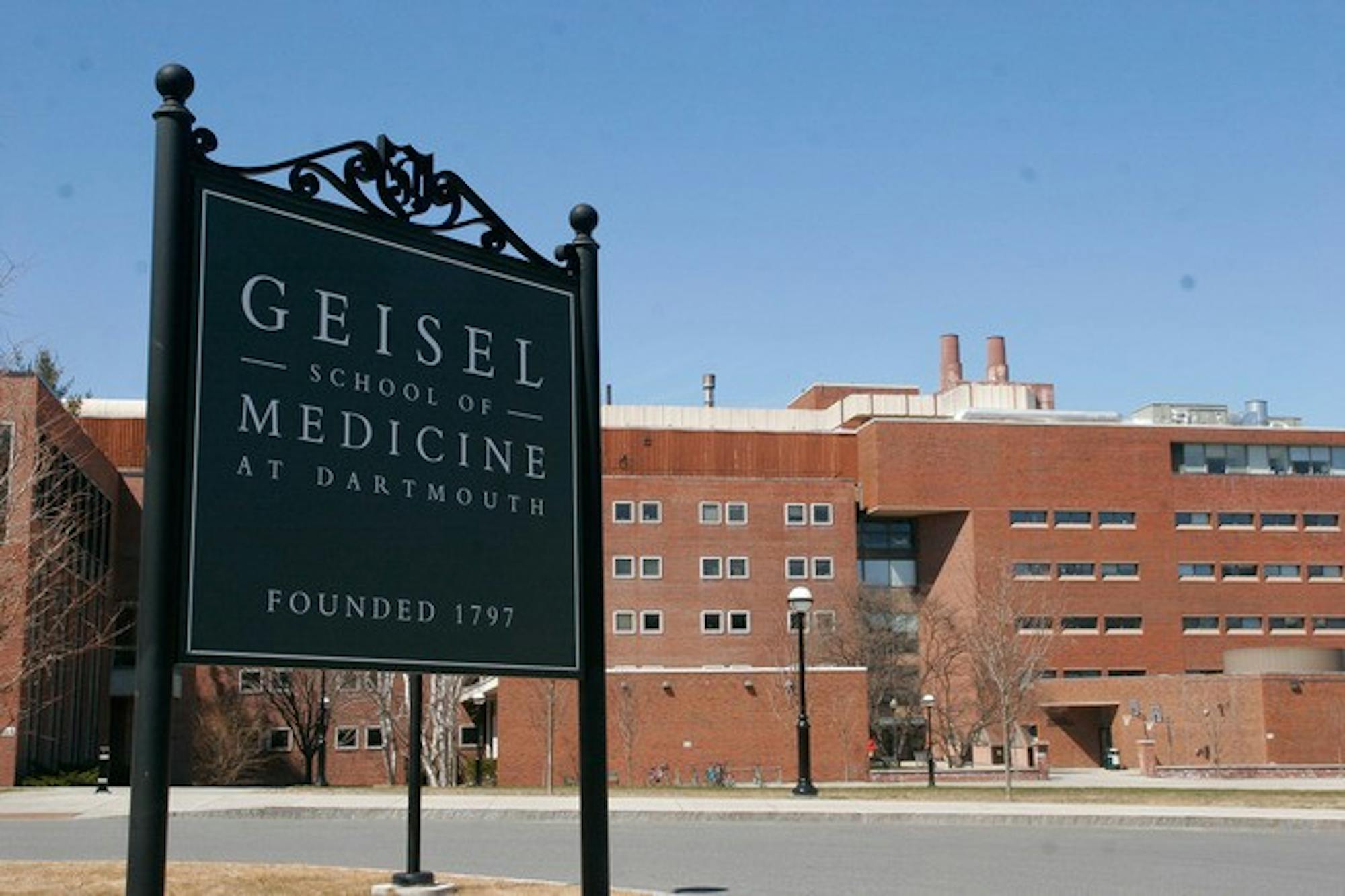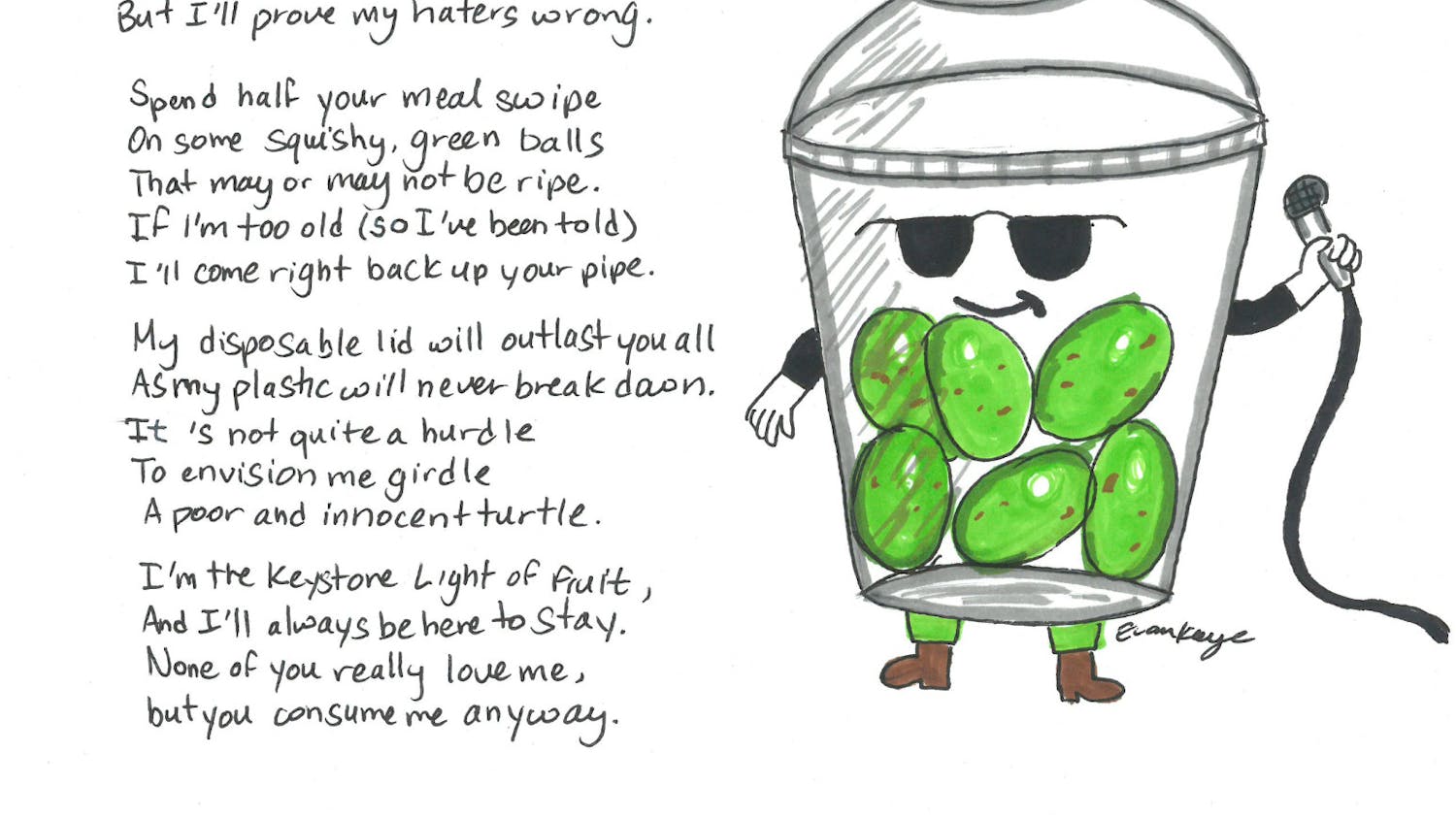A protein compartmentation project led by Geisel biochemistry professor William Wickner received $857,000 in a renewal of a grant that was first issued in 1975. The Anytime Fitness project, which focuses on child health and fitness and is led by two Geisel professors, received a $243,000 grant on July 12.
The NIH is the largest funding agency for American biomedical research, sponsoring projects including basic chemistry research and iPhone healthcare application development, Geisel senior associate dean for research Duane Compton said. Dartmouth currently has 240 active grants from the NIH worth $375 million.
Wickner's project examines cell membrane fusion through extensive experiments on yeast cells. Baker's yeast, which is used in commercial baking, was identified as good experimental material because it has excellent biochemistry and genetics, is easy to handle and replicates mechanisms in human cells.
The project aims to improve understanding of how cells work, which can help researchers identify new medical treatments and disease prevention techniques.
"The mechanism we are trying to discover is whatever mechanism there is," Wickner said. "We don't get to choose one, we get to find one."
Wickner's discovery of a protein complex in yeast was used by other researchers to explain how invaders like the deadly Ebola virus and Legionella bacteria enter human cells.
"To understand how to fix what goes wrong with the cells of human beings, we need to understand how human cells normally work," Wickner said. "As we understand it more, then we can tackle more and more illnesses where cells aren't working properly."
Wickner said that information about these mechanisms may help other researchers develop new preventative medicines. Learning from this type of research, pharmaceutical companies can target the particular protein complex and stop viruses from invading the cells, Wickner said.
Compton said Wickner's project is "archetypal" of the research projects typically funded by the NIH.
"Basic science is where a lot of new discoveries come from," Compton said.
Basic science research looks at the fundamental aspects of how cells and molecules behave, he said.
The Anytime Fitness project, led by Geisel pediatrics professor Meghan Longacre and Director of the Hood Center for Children and Families Madeline Dalton received a grant from the National Institute of Child Health and Human Development, a branch of the NIH.
This grant is the third that Dalton and Longacre have received for their research on childhood obesity and prevention, which they have been looking into for nine years, Longacre said.
The Anytime Fitness project will partner with WGBH-TV, Boston's PBS affiliate, to encourage healthy eating habits in children aged three to five by using characters from the children's show "Peep and the Big Wide World," which teaches basic science concepts. The materials will be used in a variety of childcare settings, but will not be broadcast on the network itself, Longacre said.
Kids' television show characters are often used to market unhealthy foods, she said. The Anytime Fitness Project will attempt to brand healthier eating habits with "children's favorite characters."
Curriculum design specialists from WGBH will also build a website to implement the program.
Looking to enroll about 100 families, the pilot study will be conducted primarily in southern New Hampshire over 12 weeks. Teacher and parent surveys and interviews, as well as qualitative information about the children's eating and exercise habits, will be used to evaluate the program's effectiveness.
The Anytime Fitness Project will work in tandem with another project by Longacre, also funded by the NIH, which analyzes the impact of food marketing on young children's diets.
Researchers anticipate Dartmouth presidential scholars to participate in coming terms, Longacre said.
Ester Cross contributed reporting.




